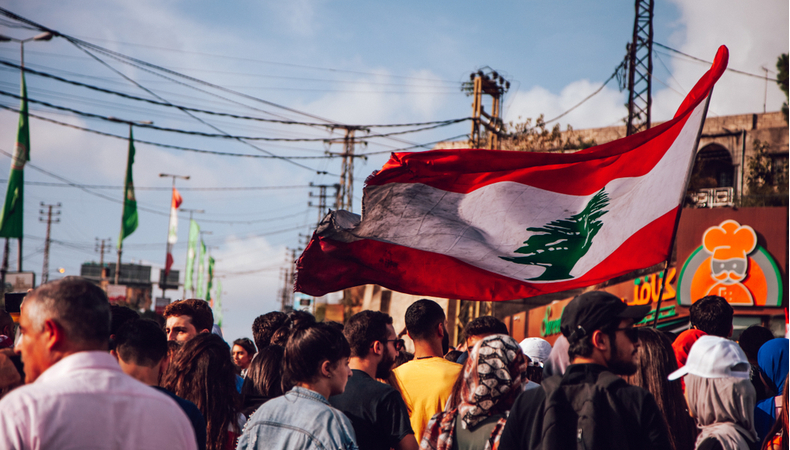The West focuses on Kabul and forgets Lebanon


The leader of the Shiite Hezbollah movement, Hassan Nasrallah, announced earlier this month the arrival of a ship loaded with fuel from Iran, meeting a need that the vacant government was unable to. Nasrallah himself recently proclaimed that any Israeli aggression or invasion of the Lebanese border will be followed by an immediate reaction from his movement, which does not wish for a war but “stands ready.”
There is no gasoline: the queues, the quarrels, the fights at the distributors are now countless and are no longer news. Police, Civil Defense, Plainclothes Services, deployed to make the cars respect their turn at the pump. Lack of medicines: cancer patients die in hospitals for lack of chemotherapy. There is no electricity, therefore no wifi. It is impossible to work. Outside Beirut, there is also a lack of running water in homes. The garbage on the streets, another novelty, is accumulating more and more.
Read | Lebanon: Parliament gives confidence to the new Mikati government
Under-the-counter trafficking at all social levels: medicines, fuel, foodstuffs, electricity, anything marketable. Those lucky enough to go abroad buy and on return resell or, rarely, give away. NGOs should think of this, but at the moment, they prefer cash donations “because aid could be intercepted and resold.”
To avoid that, whoever decides to bring aid to the country is obliged to take a thousand precautions. That is the situation on the ground. On the political side, on the other hand, after a stalemate that lasted more than a year, Lebanon has had a new government since 10 September. A team of “technicians” officially but all with a clear political and community connotation.
The executive reflects the recent years custom in which the division of the seats must take into account, in addition to ideological differences: the Sunni Muslim, the Shiite Muslim, and the Maronite Christian. The premier, as required by the criteria for the division of power, is a Sunni. Najib Mikati is in his third stint as prime minister. He is a construction and telecommunications magnate and the richest man in Lebanon.
Not exactly a new face, as has been demanded by civil society for months. For the country now begins one of the most critical tests, that of regaining some economic stability. But the new Lebanese government is also a challenge for the EU. The input for the formation of the executive came from Brussels.
The European Union sees Lebanon as its own business, acting independently from the United States. Washington, for its part, has left (for the moment) free rein. But for Brussels, the pitfalls in this sense are not lacking. If the new executive receives only diktat from Europe, Mikati could look towards the Gulf countries. Despite the presence of Hezbollah, the Middle East monarchies would already be looking with interest at possible deals in Beirut. The game for Lebanon future has just started.




